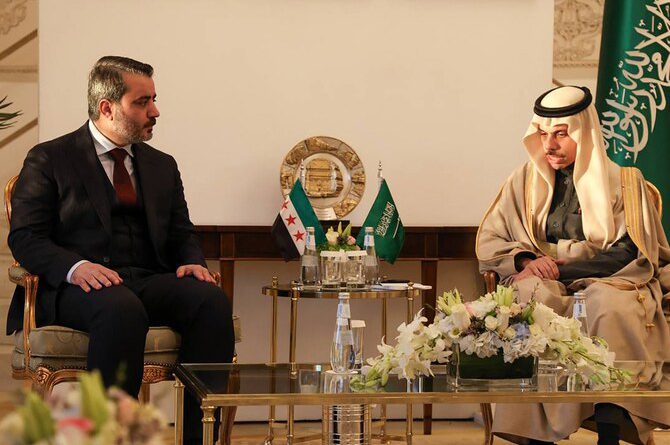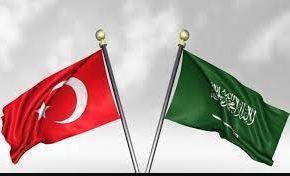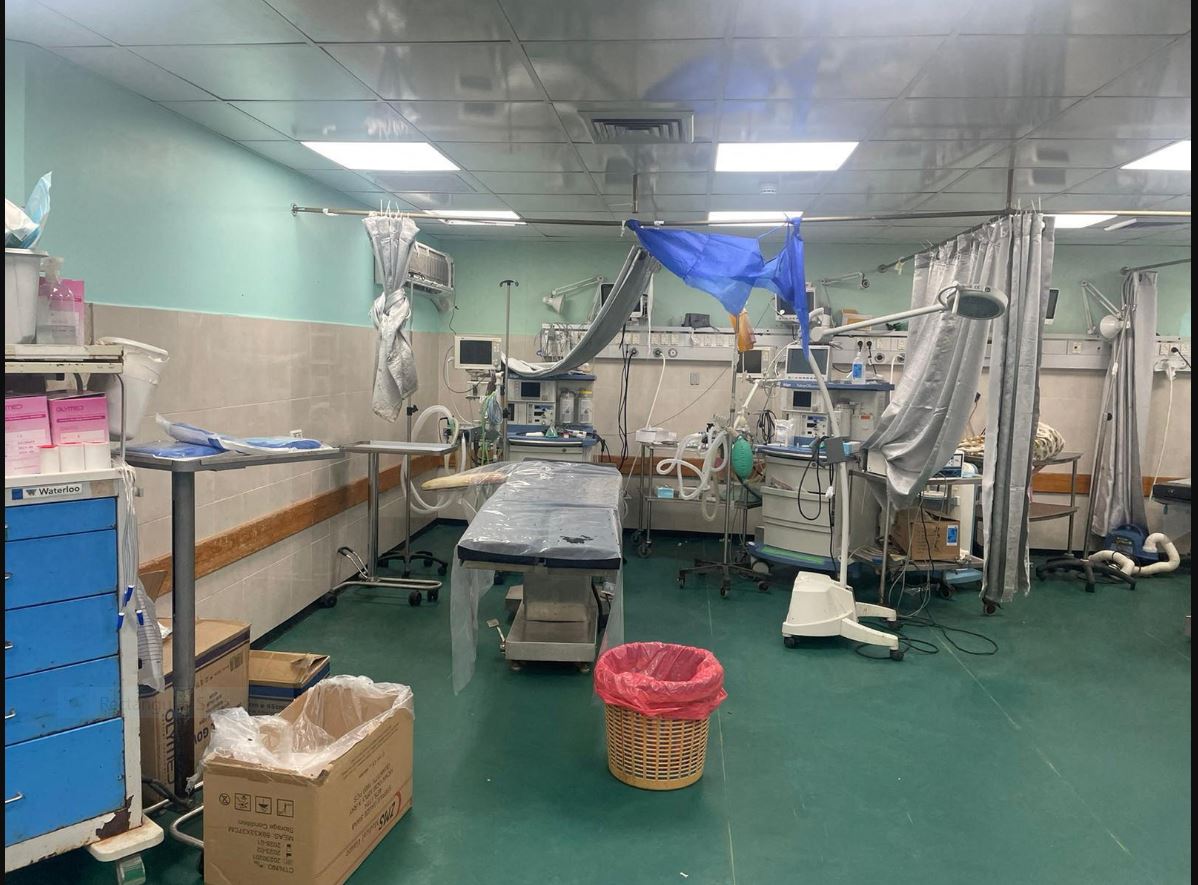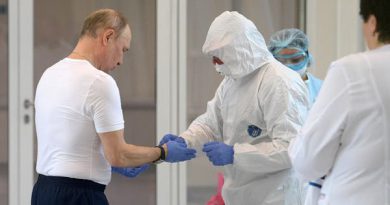Syria’s Critical Turning Point: A Chance for Reconstruction and Reengagement
If Washington and Riyadh can seize this moment to work together, they could reshape not just Syria’s destiny but also the broader regional landscape.
Next week marks a critical juncture for Syria’s embattled leadership—a rare opportunity to step onto the global stage and present their vision for the country’s recovery. A senior delegation is set to travel to Washington D.C. to participate in the IMF and World Bank spring meetings.
The stakes could not be higher. What unfolds in this high-profile forum may well shape Syria’s future trajectory after more than a decade of devastating conflict, economic collapse, and social disintegration.
This historic opportunity is underscored by a series of quiet but significant developments behind the scenes. Saudi Arabia, once distant from Syria’s political orbit, is now actively working with the World Bank to convene a high-level reconstruction roundtable. The gathering is expected to draw influential players including the G7 finance ministers and the IMF chief, signaling a serious shift in regional and international engagement.
Importantly, Riyadh has already taken concrete steps to remove financial obstacles by settling Syria’s $15 million debt to the World Bank. This move clears a major hurdle and paves the way for Syria to access potentially hundreds of millions in reconstruction grants. The focus of these funds will be on vital sectors such as repairing the devastated electricity grid and funding public sector salaries—critical lifelines for a country struggling to maintain basic services.
Michael Arizanti, a seasoned commentator on Middle Eastern affairs, succinctly framed this emerging reality: “This isn’t about handouts — it’s about hard-headed stability. A stable Syria benefits everyone, especially in a region that has paid dearly for more than a decade of conflict, economic collapse, and mass displacement.”
Yet, Arizanti cautions that rebuilding Syria requires more than money and good intentions. The foundation of renewed international cooperation depends heavily on confidence — and that starts with sanctions relief. Syria remains shackled by punitive measures that complicate every business deal, every investment decision, and every diplomatic outreach. Without clear pathways for easing these sanctions, the prospect of reconstruction remains fragile at best.
Syria’s Central Bank Governor, Husriyeh, underscored this message in a recent interview with Reuters, highlighting his delegation’s priority at the Washington meetings, “We want to be part of the international economy. And we hope the global community will help us remove any obstacle to this integration.” His words reflect the deep urgency within Syria’s economic leadership to reintegrate into the global financial system—a prerequisite to attracting the tens of billions in investments the country desperately needs.
Echoing this perspective, Abdallah Dardari, the UNDP’s senior figure on regional development, delivered a sobering reminder, “Even suspending sanctions won’t be enough. If I were an investor putting $100 million into a power plant, I couldn’t risk sanctions snapping back next year. They must be lifted in a comprehensive and lasting way.” His insight highlights the chilling effect that sanctions uncertainty has on investment flows—essential capital that Syria needs not just to stabilize but to build a sustainable post-war future.
The significance of this moment cannot be overstated. Regional players have begun to recalibrate their approach. Last month, Qatar announced plans to supply Syria with natural gas via Jordan to alleviate the chronic electricity shortages that plague the country. This move signals a thawing of Gulf ties after years of political estrangement and hesitation, and it highlights the practical benefits of engagement over isolation.
However, progress still faces formidable obstacles—primarily emanating from within Washington. Certain factions aligned with Israeli Prime Minister Netanyahu remain deeply skeptical of re-engagement with Damascus, citing Syria’s past ties to extremist groups such as Al-Qaeda as justification to maintain a hard line.
Arizanti argues this stance is dangerously outdated: “If we’re serious about fostering peace, rebuilding institutions, and preventing the return of chaos — we must look at today’s realities, not yesterday’s headlines.”
Indeed, the path forward demands courage and pragmatism on both sides. From the Syrian government, it requires transparency, meaningful reform, and a credible roadmap toward a stable and peaceful future. From the West—especially the United States—it requires abandoning isolationist policies that have failed to bring peace and instead embracing engagement as the only sustainable strategy to break the vicious cycle of conflict and despair.
“The international community must offer a credible path back into the global system,” Arizanti insists. “Isolation has failed. Engagement is the only sustainable path to peace, stability, and reconstruction—not just for Syria, but for the entire Levant.”
If Washington and Riyadh can seize this moment to work together, they could reshape not just Syria’s destiny but also the broader regional landscape. The coming weeks will be a test of political maturity and strategic clarity. For Syria, and for the millions of Syrians yearning for peace and normalcy, this moment may be the long-awaited turning point.



